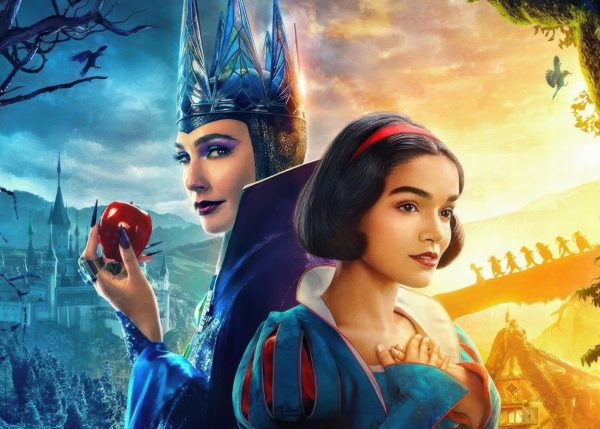Turning Red and the Trials of Growing Up
Pixar’s Turning Red is taking the world by storm with its raw, unfiltered depiction of growing up. The film follows Meilin “Mei” Lee, a dorky, bold 13-year-old voiced by Rosalie Chiang. Shortly after an embarrassing encounter by her mother, Mei wakes up as a red panda due to a family “inconvenience” passed down from Mei’s mother, which transforms Mei every time she feels a strong emotion. The red panda is essentially a parallel to puberty and its effects on young teens.
Having to live life with a giant panda on your mind and the desire to see your favorite band, 4*Town (which mom doesn’t approve of), only adds pressure to the seemingly perfect life you’re expected to live. This is the problem Mei faces, so she weighs her options and chooses the most reasonable choice of all: going behind her parents’ back and secretly raising 800 dollars for concert tickets! Finally feeling a sense of freedom for the first time in 13 years is new and refreshing.
Living life with the panda isn’t easy for Mei, and it becomes hard for her to balance “panda-Mei” and “Mei-Mei.” By the end of the movie, Mei finds balance between two aspects of her identity. The panda represents freedom and security within herself and her own identity, which is an important message to spread to younger audiences. It has become so normalized to alter your character in order to blend into your community, so it is refreshing when the film reminds us that we are at our best when living authentically.
The relationship between mother and daughter plays a major role in the plot of the film. Mei changes from an obedient child to a bold, daring young woman. She realizes she can’t always glue herself to her mom, so she eases back with the help of her friends. Sophia Carter (III) says, “I thought it was important to look at the mother-daughter relationship between Mei and her mom. It is a very relevant example of most mother-daughter relationships today, and it was something that I personally never thought Disney would touch on.”
Perhaps life won’t be the same, but Mei reminds us that maturing comes with new experiences and that, eventually, we have to break down barriers to grow. Mei finds balance not just within herself, but with her mother too.
Though many people view the movie as problematic due to its unafraid approach toward maturing, Turning Red is an incredibly inclusive film. People from all walks of life are featured in the movie. Inclusivity is so important in media targeted at younger audiences because a lack of representation can lead to today’s youth feeling ostracized. Tegan Trueblood (III) comments, “It was really good to see so many groups of people in the movie; it feels like Hollywood is finally catching up to our cosmopolitan society.” The film has also been praised for its AAPI representation, with Mei and her family being Chinese Canadian.
With the production of more inclusive films similar to Turning Red, we can hope to create a more welcoming environment for today’s youth. Through this form of media, children are reminded of the importance of learning to accept their individuality and to harness their own inner panda. As Mei graciously reminds us, “Honoring your parents is great, but if you take it too far, you may forget to honor yourself.”











